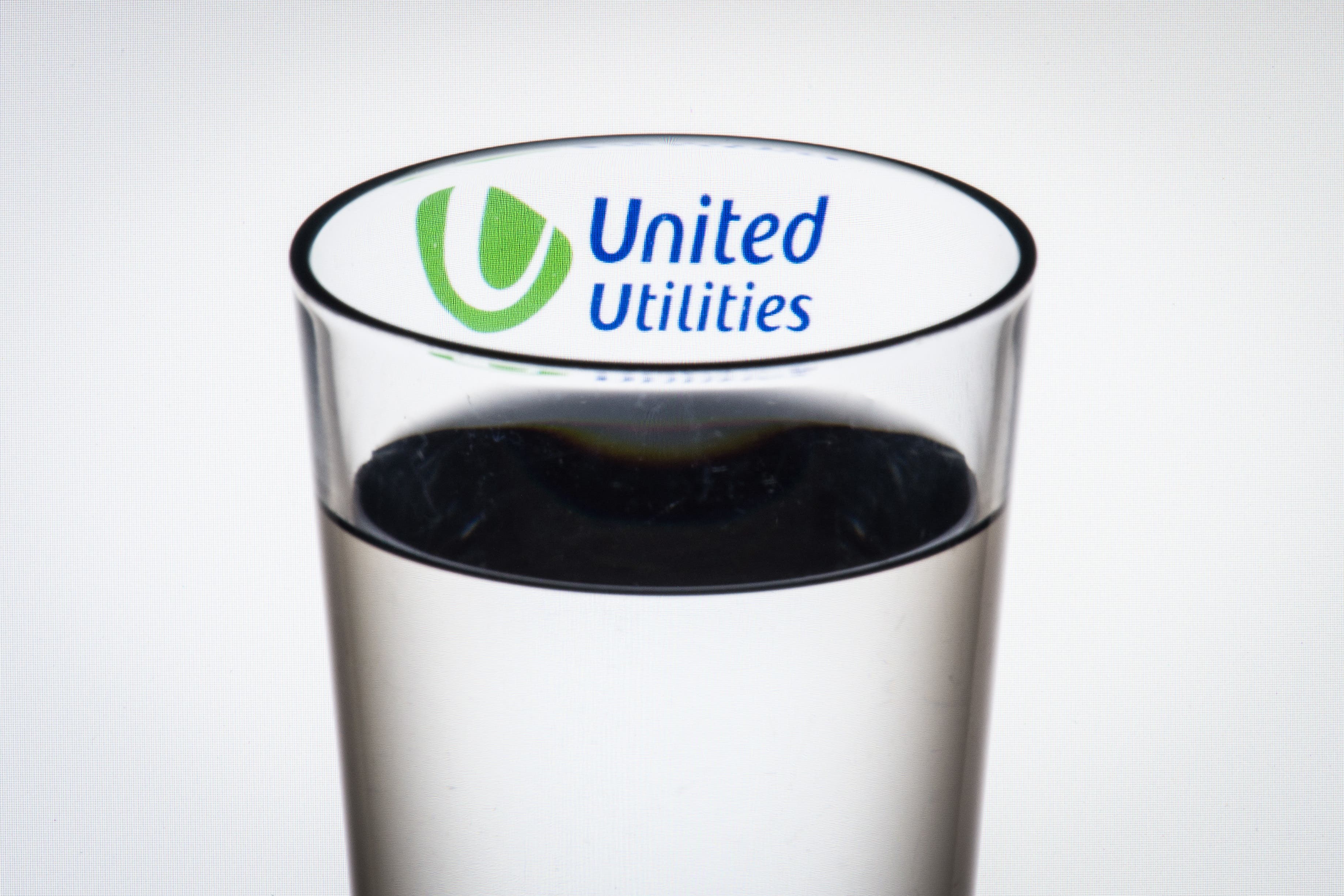United Utilities ordered to be more transparent with environmental information
The regulator found the water firm was failing to respond in time to some requests for information and refusing to consider others.

Your support helps us to tell the story
From reproductive rights to climate change to Big Tech, The Independent is on the ground when the story is developing. Whether it's investigating the financials of Elon Musk's pro-Trump PAC or producing our latest documentary, 'The A Word', which shines a light on the American women fighting for reproductive rights, we know how important it is to parse out the facts from the messaging.
At such a critical moment in US history, we need reporters on the ground. Your donation allows us to keep sending journalists to speak to both sides of the story.
The Independent is trusted by Americans across the entire political spectrum. And unlike many other quality news outlets, we choose not to lock Americans out of our reporting and analysis with paywalls. We believe quality journalism should be available to everyone, paid for by those who can afford it.
Your support makes all the difference.Water company United Utilities has been ordered to improve its handling of requests for environmental information, following complaints about a lack of transparency.
The Information Commissioner’s Office (ICO) warned water companies “we expect transparency to be your default position”, as it told United Utilities it must improve its compliance with making information available on the environment.
Although they are not subject to freedom of information (FOI) requests, water companies have a legal obligation to make information about the environment available under the Environmental Information Regulations (EIR), both proactively and if requested by the public.
The regulator said that following numerous complaints about United Utilities’ lack of transparency, its investigation had found that the company repeatedly failed to respond to requests for information within the legal timeframe of 20 days.
It also said the water company was also refusing requests because it claimed the information asked for was not environmental, for example, saying data relating to the performance of its water treatment works did not fall within the EIR scope because it related to internal workings of equipment.
The ICO said that as it was a water company, the “significant majority” of the information requested from United Utilities was likely to be environmental, especially its operational information.
It is unacceptable to keep people in the dark when they have no choice but to rely on these firms for clean water
Warren Seddon, director of FOI at the ICO, said: “Any information that would enlighten the public about how United Utilities operates and the impact it has on the environment is, by its very nature, likely environmental – this includes data on sewage spills and the performance of its wastewater treatment works.
“By using such a narrow interpretation of environmental information, United Utilities is deliberately ignoring the bigger picture to avoid their legal obligations to even consider whether to release the information people are legitimately asking for.”
The ICO has issued a “practice recommendation” instructing United Utilities to make a much broader interpretation of environmental information, and ensure it properly handles legitimate EIR requests.
The action against United Utilities follows a letter by the UK Information Commissioner, John Edwards, to 12 water companies earlier this year, calling on them to put transparency first to rebuild public confidence in the sector after widespread anger over sewage pollution and a lack of information about it.
Mr Seddon said: “Our message to water companies is simple – we expect transparency to be your default position.
“It is unacceptable to keep people in the dark when they have no choice but to rely on these firms for clean water.
“By issuing our first practice recommendation under the EIR, we are holding United Utilities accountable for improving how it communicates with the public,” he said, adding all water companies to take heed of the recommendations.
We are receiving an increasing number and wider scope of EIRs and have recruited additional and dedicated resources to help us deal with these
A United Utilities spokesperson said: “We handle hundreds of environmental information requests (EIRs) every year and, in a handful of cases, the Information Commissioner’s Office clarified that the information we were asked to provide did fall under the scope of EIR.
“We have followed that clarification since we received it several months ago.
“We are receiving an increasing number and wider scope of EIRs and have recruited additional and dedicated resources to help us deal with these,” the spokesperson said, adding that in the last 12 months, the company had have issued more than 1.5 million lines of data and responded to more than 330 requests.
“We are committed to being more transparent and making information even more accessible and, from November 2024, our website will detail our compliance with our speed of response to EIRs, alongside providing additional areas of open data in the coming months,” they said.